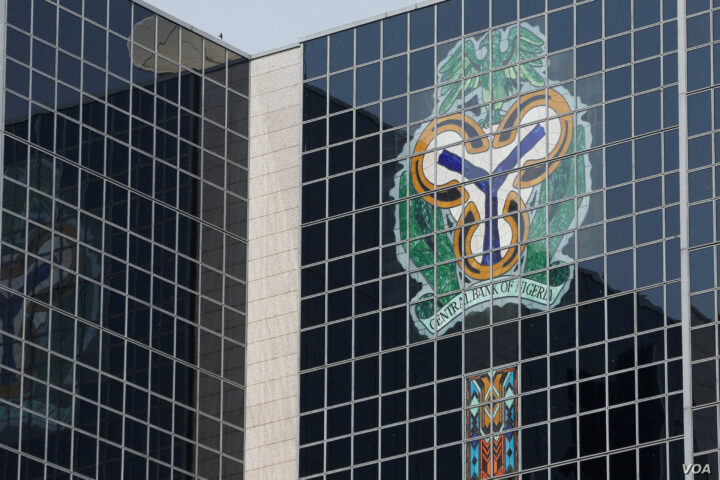The Central Bank of Nigeria (CBN) has instructed commercial banks to work on Saturdays to enable customers return existing naira notes.
According to NAN, Osita Nwanisobi, director, corporate communications department of the apex bank, said this at the CBN fair in Ilorin on Thursday.
The fair was themed ‘Promoting Financial Stability and Economic Development’.
The CBN had announced plans to redesign, produce, release and circulate a new series of three banknotes out of the existing eight banknotes.
The redesigned notes include N200, N500 and N1000.
READ ALSO : Finance Minister, Zainab Ahmad Disagrees With CBN Over Naira Redesigning
The decision has continued to generate public outbursts, as experts insist it would negatively affect the economy.
Speaking at the event, Nwanisobi explained that the new and existing currencies shall remain legal tender and circulated together until January 31, 2023, when “existing money shall cease to be legal tender in Nigeria”.
Nwanisobi was represented at the event by Akpama Uket, acting director, corporate communications, CBN.
He said deposit money banks (DMBs) had been directed to immediately start returning the existing currencies to the CBN.
“They have also been instructed to receive the existing banknotes beyond the threshold stipulated by the cashless policy without charges to customers,” Nwanisobi said.
“Consequently, you must return all the current N200, N500 and N1,000 banknotes to your bank before the expiration of the deadline.”
The CBN boss said that redesigning of naira notes is for macroeconomic stability.
He said the aim was to build a strong, stable and resilient economy that is self-sustaining and ability to weather unanticipated shocks.
“The bank will achieve this by applying appropriate monetary policy tools, reining inflation, and continuously encouraging a productive economy through interventions,” he said.
Nwanisobi also warned Nigerians of the consequences of mishandling nara notes.
The naira remains a symbol of our national pride. Treat it with utmost dignity,” he warned.
“Do not spray, squeeze or counterfeit the naira, as default goes with consequences.”

